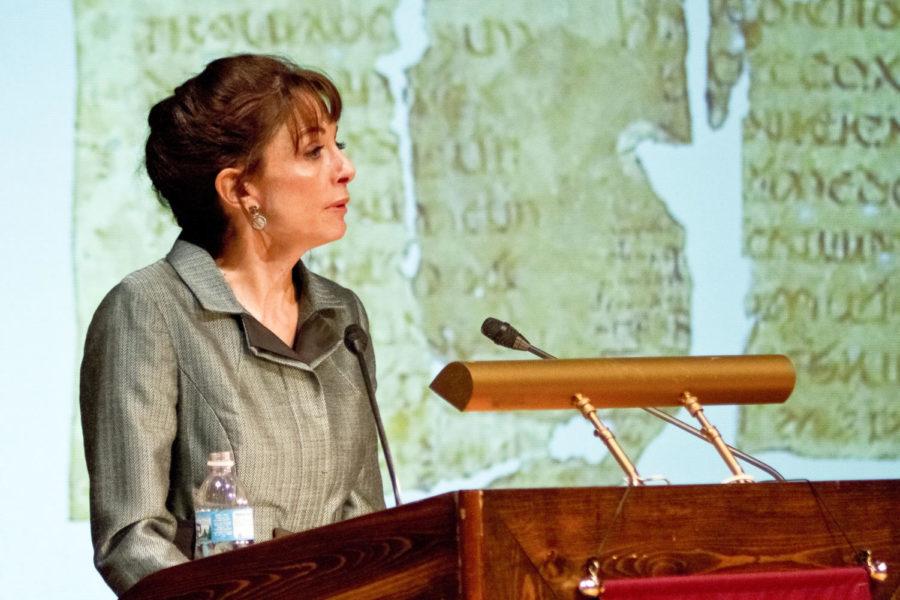On Saturday, the Division of the Humanities hosted its 33rd Humanities Day, an annual series of talks and tours showcasing the work of University professors. Shadi Bartsch, the Ann L. and Lawrence B. Buttenwieser Professor of Classics, presented the keynote address, titled “The Wisdom of Fools: Christianity and the Break in the Classical Tradition.”
“Buddhist Practices of the Self” with Steven Collins—Buddhism, at its heart, is a philosophy and not a religion, Chester D. Tripp Professor in the Humanities Steven Collins argued.
“Creative Writing” with Daniel Raeburn—Good cartoonists are liars and linguists, according to Creative Writing lecturer Daniel Raeburn, who gave a brief history of comics to a small audience of comic enthusiasts.
“Ethics, Poverty, and the Humanities” with Bart Schultz—The Odyssey Project is a free, eight-month program that provides adults living in poverty with a “college-level introduction to the humanities through text-based seminars led by professors at top-tier universities.”
“Metaphor and Ambiguity: Two for the Price of One” with Ted Cohen—Professor Ted Cohen discussed the relationship between metaphor and ambiguity, emphasizing the capacity of each to breach rules of language.
“Murder Most Foul: Hamlet in Recent Film Productions” with David Bevington—English and Comparative Literature Professor David Bevington discussed the variety of film interpretations of Shakespeare’s Hamlet.
“Oy ♥ Noo Yawk (But Maybe Not Da Tawk a’ Da Town)!” With Michael Silverstein—Linguistics Professor Michael Silverstein tackled the distinctive New York accent and its socioeconomic and cultural ramifications.
“Preserving the Spell: Fairy Tales and the Future of Storytelling” with Armando Maggi—Professor of Italian Literature Armando Maggi gave a lecture on fairytales and our dissatisfaction with them in the modern era, calling for a “new mythologization of reality.”
“The University of Paris: Daughter of the King” with Daisy Delogu—Daisy Delogu, Associate Professor of French Literature, traced the history of the University of Paris and examined the influence of Jean Gerson, its chancellor during the late 14th and early 15th centuries, on the role of universities.









